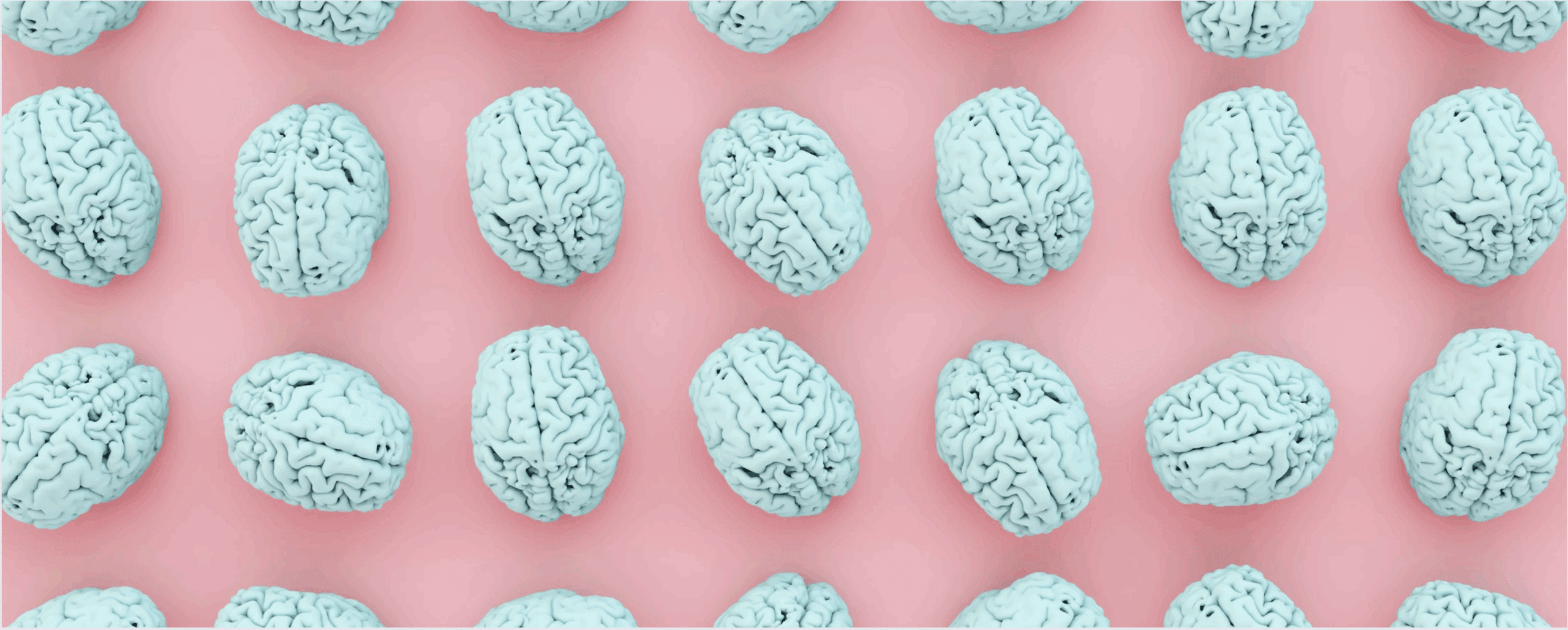MDMA, often referred to as “molly” or “ecstasy,” is a recreational drug known for its euphoric and empathetic effects. In recent years, MDMA has gained popularity, and many people are curious about its effects, usage, and safety. One of the critical aspects of using this substance responsibly is understanding how long a dosage of MDMA lasts and its potential for substance abuse.
What Is MDMA?
MDMA, scientifically known as 3,4-methylenedioxymethamphetamine, is a synthetic drug initially developed in the early 20th century for potential medical use. However, it soon found its way into the world of recreational drug use due to its pleasurable effects.
MDMA has a long history of use, with roots in the 1970s counterculture and the club scene. Among people aged 12 or older in 2021, 0.8% (or about 2.2 million people) reported using MDMA in the past 12 months. Over 19 million people in the United States have reported using MDMA at least once in their lifetime, and its popularity continues to grow.
MDMA is often associated with parties, music festivals, and nightclubs. Users typically take it to enhance their sensory experiences, promote feelings of intimacy and emotional connection, and enjoy an energetic and sociable mood. It’s essential to note that not everyone who uses MDMA does so for recreational purposes. Some individuals may use it for self-medication or as a form of escape.
It’s important to be aware that MDMA is illegal in most countries due to its potential for abuse and harm. It’s classified as a Schedule I substance in the United States, meaning it is considered to have a high potential for abuse and no accepted medical use. It’s created illicit laboratories by combining various chemicals like safrole, hydrochloric acid, and sodium hydroxide. The end product can take various forms, including MDMA pills, capsules, or powders that are often sold in colorful and creatively designed packaging.
What Effect Does MDMA Have?
When someone takes MDMA, the drug quickly enters the bloodstream and travels to the brain where it affects neurotransmitters responsible for mood and pleasure. The initial “peak” of MDMA’s effects typically occurs around an hour after ingestion and is experienced as feelings of heightened energy, euphoria, increased sensory perception, and enhanced empathy.
This rush of pleasurable sensations, increased sociability, and enhanced sensory perception. Users often report feeling more connected to others and an overwhelming sense of happiness. The rush of pleasurable sensations usually peaks within a few hours. After which, the effects of ecstasy begin to subside.
Long-term usage can result in negative effects, as the brain becomes less responsive to the drug’s effects. This can lead to a cycle of increased use, which can be harmful both physically and mentally.
While molly isn’t typically associated with physical dependence in the same way as drugs like opioids or benzodiazepines, psychological dependence or addiction can still occur. Many users may abuse the drug to experience feelings of happiness and connection.
MDMA FAQ
What does MDMA stand for?
MDMA stands for 3,4-methylenedioxy-N-methylamphetamine. MDMA is a synthetic psychoactive drug that acts as a stimulant and hallucinogen. It produces feelings of increased energy, pleasure, emotional warmth, and distorted perception of time and sensory experiences.
What are slang terms for MDMA?
MDMA is commonly known by its street names such as Molly, Ecstasy, and E.
What are the effects of MDMA?
MDMA affects the brain by increasing the activity of three neurotransmitters: serotonin, dopamine, and norepinephrine. This leads to an increase in feelings of happiness and empathy towards others. The physical effects include increased heart rate, blood pressure, body temperature and muscle tension.
How long do the effects of MDMA last?
The effects of MDMA typically last for 3-6 hours, depending on the individual and the dose taken. However, some may experience lingering effects for up to 24 hours.
How is MDMA taken?
MDMA can be taken orally in pill form or can be crushed and snorted. Some users also inject it intravenously. It is often combined with other substances such as alcohol or marijuana.
What are the potential risks of MDMA?
The use of MDMA can lead to dehydration, hyperthermia, and exhaustion due to increased physical activity and high body temperature. Long-term use has been linked to memory loss, depression, anxiety, and sleep disturbances. Combining MDMA with other drugs can increase the risk of adverse reactions.
What precautions should be taken when using MDMA?
It is important to test any substances being used as MDMA may be mixed with other harmful drugs. Users should also take regular breaks from dancing and physical activity to avoid overheating. Drinking plenty of water and staying hydrated is crucial while taking MDMA. It is also recommended to have a trusted friend present in case of any adverse reactions or emergencies.
Ecstasy vs MDMA
For anyone wondering what the difference is between ecstasy and MDMA, the answer is they are the same substance. Ecstasy is a slang term for MDMA that refers to the euphoric feelings caused by the drug.
MDMA vs Molly
Many people wonder “is Molly MDMA?” Yes, Molly is slang for MDMA.
Is MDMA LSD?
Many people wonder “is MDMA LSD?” The answer is no, MDMA and LSD are two different drugs with different chemical compositions and effects. While both are psychedelic substances that alter perception and mood, MDMA is primarily a stimulant while LSD is a hallucinogen. Additionally, the duration of effects for each drug differs, with MDMA typically lasting 3-6 hours and LSD lasting 8-12 hours.
How Long Does MDMA Stay in Your System?
If you’re wondering “how long does mdma last,” it’s important to understand that the duration of the effects of MDMA and how long it stays in your system varies depending on several factors.
Factors that affect how long MDMA lasts include:
- Dosage amount – the larger an MDMA dose is, the longer it will stay in your system.
- Frequency of use – the more often you take MDMA, the more you build up a tolerance which weakens the strength and length of its effects.
- Drug purity – mixing pure MDMA with other drugs or substances can alter the length of time the effects last at varying rates.
- Body chemistry – Body weight, metabolism, and liver function can also affect how long MDMA lasts in your system.
On average, here’s what you can expect from the effects of MDMA:
- Onset: After taking ecstasy, effects can begin to be felt within 30 minutes to an hour.
- Peak: The peak of the experience, where the effects are most intense, typically occurs around 2 to 3 hours after taking the drug.
- Duration: In general, the effects can last for about 4 to 6 hours. However, this can vary widely between individuals.
- Afterglow: After the peak effects wear off, users may continue to feel positive and sociable for several hours, but these effects gradually subside.
It’s important to note that there is no clear answer to “how long does MDMA last” as everyone’s reaction to the drug is different.
Microdosing MDMA vs. Average Dosage of MDMA
MDMA is available in various forms, including pills, capsules, and powders. The dosage of MDMA varies widely and can significantly impact the experience. Two common approaches to dosing are microdosing and regular dosing:
- Microdosing MDMA involves taking a fraction of a typical recreational dose. It is believed to provide subtle mood enhancement and increased sociability without the intense euphoria associated with a full dose. This practice has gained popularity in recent years, with some people who microdose mdma claiming that it improves their overall well-being and productivity.
- An average dosage of MDMA is usually between 75-125 milligrams. This dosage is intended to produce the full spectrum of effects, including intense euphoria, enhanced sensory perception, and increased sociability.
It’s important to emphasize that regardless of the dosage, there are risks associated with MDMA use, and it should be done responsibly and with awareness of potential side effects and long-term consequences.
Get confidential help from our addiction and mental health treatment facilities located across the United States. Call to join one of our quality programs today!
Speak With Our Admissions TeamIs MDMA Addictive?
Given its euphoric effects, many people wonder if MDMA is addictive. While not considered physically addictive like drugs such as opioids or alcohol, MDMA can cause a psychological dependence on the feelings it produces.
To understand if MDMA addictive, here are some key points to consider:
- Drug tolerance
- Psychological dependence
- Drug cravings and withdrawal
Tolerance
As with many drugs, repeated use of molly can lead to tolerance, meaning that the same dosage produces diminished effects. To achieve the same level of euphoria, individuals may increase their dosage, which can be dangerous and contribute to psychological dependence.
Psychological Dependence
Molly’s ability to induce feelings of euphoria, sociability, and emotional connection can make it psychologically addictive. Over time, users may come to rely on the drug to experience these feelings, and the desire to recreate the positive effects can lead to repeated use.
Cravings and Withdrawal
Once a person develops a psychological dependence on molly, they often experience cravings for the drug which can result in compulsive use and difficulty stopping. This can also lead to a range of negative consequences, including physical and mental health issues, strained relationships, and financial problems. Common MDMA withdrawal symptoms can include anxiety, depression, and fatigue, but may be severe with heavy use.
Warning Signs of MDMA Abuse
If you suspect that someone is abusing molly, there are several signs to watch for:
- Frequent and increased use of MDMA
- Neglect of personal and professional responsibilities
- Isolation from friends and family
- Failed attempts to cut down or control use
- Continued use despite knowing the harm it causes
The physical side effects of ecstasy can be serious. Many people have become too dehydrated, suffered from heatstroke, or had cardiovascular events after taking MDMA. Users have been hospitalized and have even died due to these adverse health effects.
Looking for quality treatment for substance abuse and mental health that’s also affordable? Aliya Health Group's treatment facilities accept most major insurance providers. Get a free insurance benefits check now!
Check Your CoverageMDMA Addiction Treatment
If you or someone you know is struggling with MDMA use, it’s essential to seek help and support. There are various treatment options available for MDMA addiction.
Aliya Health Group offers ecstasy addiction treatment within a comprehensive approach that includes:
- Detox
- Inpatient rehab programs
- Outpatient rehab programs
- Aftercare
At our nationwide drug rehab centers, we understand that addiction is a complex disease with various underlying factors. That’s why we take a holistic approach to treatment, addressing the physical, emotional, and psychological aspects of addiction. Our team of experienced professionals will work closely with each individual to create a personalized treatment plan that meets their unique needs.
Detox
The first step in treating MDMA addiction is to undergo detoxification. The detox process involves the removal of the drug from the body while managing withdrawal symptoms. Medical supervision is crucial during this phase of MDMA addiction treatment to ensure the safety and comfort of the individual.
Inpatient Drug Rehab Programs
During inpatient drug rehab, individuals will have access to 24/7 support and care from our team of dedicated professionals. Inpatient treatment includes individual therapy sessions to address underlying issues that may have contributed to the addiction, as well as group therapy for peer support and accountability. In addition, we offer various alternative therapies such as yoga, meditation, and art therapy to help individuals cope with cravings and manage stress in healthy ways.
Outpatient Drug Rehab Programs
Outpatient drug rehab programs are designed for individuals who have completed inpatient treatment or do not require 24-hour medical supervision. During outpatient treatment, clients have more flexibility and independence while still gaining access to professional support and resources. We also offer aftercare services to ensure continued progress and support after completing our rehab programs.
Aftercare and Support
Recovery doesn’t end when treatment does which is why aftercare services offer ongoing support for individuals in their transition back to daily life. Aftercare services for MDMA addiction recovery may include ongoing therapy, support groups, and relapse prevention strategies.
Getting Help for MDMA Addiction
Understanding the duration of MDMA’s effects and its potential for addiction is crucial for making informed choices regarding its use. While MDMA can offer a short-lived euphoric experience, it also carries risks, including the potential for psychological dependence.
If you or someone you know is struggling with MDMA addiction or any kind of drug abuse, seeking professional help, such as the services offered by Aliya Health Group, can be a step toward recovery and a healthier, drug-free life.
- Trends in MDMA-related mortality across four countries – PubMed
- MDMA/Ecstasy Abuse | National Institute on Drug Abuse (NIDA)
- MDMA (Ecstasy/Molly) | National Institute on Drug Abuse (NIDA)
- Drug Facts – MDMA | National Institute on Drug Abuse (NIDA)
- Drug Fact Sheet: Ecstasy/MDMA – DEA.gov
- Key Substance Use and Mental Health Indicators in the United States: Results from the 2021 National Survey on Drug Use and Health














